Tokenization in Serbia: Stepping into Real Estate’s Digital Era
Discover how tokenization in Serbia is transforming real estate investment.

Today we’re heading to Serbia – a land of medieval fortresses, vibrant nightlife, and emerging tech talent. Now, Serbia is cautiously exploring a new way to invest in property: real estate tokenization. In simple terms, tokenization means turning a property into a digital token so people can buy a small share without needing a lot of money. This concept is reshaping how people invest in real estate around the world. Serbia is starting to join this trend, laying groundwork with forward-looking laws and its first blockchain projects. In this overview, we’ll see how tokenization is developing in Serbia – from the legal foundations and pilot projects to the opportunities ahead for property investment.
Table of Contents
- A Forward-Looking Legal Framework
- Tech Talent and a Crypto-Friendly Climate
- First Tokenization Projects: From Solar Energy to Walnuts
- Tokenizing Real Estate: Opportunities on the Horizon
- Challenges and the Road Ahead
A Forward-Looking Legal Framework
Serbia took a bold step in 2021 by passing its Law on Digital Assets (LDA), which legalizes cryptocurrency trading and mining. This law provides clarity and legitimacy to crypto activities, making Serbia one of the first in the region with a comprehensive framework. Under the LDA, digital assets are defined broadly – including “digital tokens” that can represent investment instruments. In practice, Serbia treats tokenized assets much like traditional securities. For example, if someone issues tokens that give ownership or profit rights in real estate, those tokens are regulated as securities by the Serbian Securities Commission (SSC). The SSC and National Bank of Serbia share oversight: digital tokens (asset-backed tokens) fall under the SSC, while virtual currencies used for payment fall under the central bank.

Importantly, the law requires rigorous compliance for token offerings. Any public token sale must first publish a detailed white paper approved by regulators. This is essentially like a prospectus – it must describe the project, the issuer, how funds will be used, and all the risks, so investors are protected. In other words, Serbia imposes “same activity, same risk, same rules” for tokenized investments. Issuers have to meet probity standards, avoid misleading marketing, and submit to supervision. By setting these rules, Serbia aims to ensure that tokenization isn’t a wild west, but a transparent and safe market for investors. The SSC maintains public registers of licensed token service providers and all approved white papers, reinforcing oversight.
This proactive approach didn’t come out of nowhere – Serbian officials had been studying blockchain tech for years. A government working group was formed to explore how blockchain could fit into e-government, focusing initially on finance but also eyeing other sectors. They even discussed integrating the land/cadastre registry into blockchain systems as part of digital government reforms. The idea was that smart contracts could speed up property transactions and improve security in land records. While those ideas are still being evaluated, the intent was clear: Serbia wants to embrace blockchain innovation, but in a controlled, legally sound way. By the time the Digital Assets Law took effect, Serbia had laid a solid foundation to allow tokenization projects to launch within a defined legal framework.
Tech Talent and a Crypto-Friendly Climate
Another reason tokenization is now possible in Serbia is the country’s supportive tech ecosystem. Serbia boasts a strong tech education system and a thriving startup culture. It is home to a growing pool of skilled IT professionals and blockchain developers, many of whom honed their skills in the country’s robust engineering universities and IT companies. This local talent is crucial – tokenization projects require expertise in blockchain programming, cybersecurity, and finance. Serbian startups have not been shy about exploring blockchain solutions, from fintech apps to crypto mining operations. The tech-savvy workforce means there are people ready to build and maintain tokenization platforms.

Beyond talent, Serbia also has an active crypto community with regular meetups and hackathons. Over the past few years, Belgrade and Novi Sad have hosted blockchain conferences and workshops that draw enthusiasts and entrepreneurs. This has created a collaborative environment where new ideas (like real estate tokenization) can gain traction. Crypto usage has been growing steadily, driven by both tech interest and practical needs (for example, some freelance developers use crypto for cross-border payments). The government, for its part, has shown openness to digital innovation. There are even non-profit groups like the Serbian Blockchain Initiative that advocate for blockchain adoption and dialogue with regulators. All these factors make Serbia fertile ground for tokenization – the public is increasingly aware of blockchain technology, and a core community is eager to try new applications.
It’s also worth noting that Serbia’s regulatory stance has balanced innovation with caution. The clear legal framework for cryptocurrencies has fostered trust for businesses. Tax rules were updated in 2021 alongside the digital asset law, so that cryptocurrency profits are recognized and taxed (though at competitive rates, lower than in many Western countries). Banks and crypto businesses have started to cooperate within the legal boundaries – for instance, some local banks reportedly began enabling crypto-related accounts once licensing guidelines were in place. All of this means that when a novel idea like property tokenization comes along, Serbia has both the human capital and the regulatory clarity to pursue it.
First Tokenization Projects: From Solar Energy to Walnuts
Real estate tokenization in Serbia is still very new, but the country has already seen a couple of pioneering tokenization projects – interestingly, outside the real estate sector. These early projects show how tokenization can work in practice and are building local experience for future property deals.

The landmark came in late 2024 when the Serbian Securities Commission approved the first tokenization project for a solar power plant. A company called AVR Solar Park, based in Belgrade, wanted to raise money to expand its large solar photovoltaic plant in Saraorci. Rather than a traditional bank loan, they decided to tokenize the investment. In November 2024, after regulatory sign-off, AVR Solar offered 7,250 digital tokens, each worth €100, to the public. By the end of the offering in February 2025, they had successfully sold 80% of the tokens, raising about €600,300 of the €725k goal. Investors who bought in are effectively lending money to the project through a tokenized instrument. According to the terms, token holders will receive 6% annual interest on the amount they contributed, plus repayment of 10% of the principal each year for 10 years. The minimum buy-in was €3,000 (30 tokens), and all transactions were done in Serbian dinars via a licensed platform. This structure is essentially a tokenized bond – the SSC noted the token “possesses characteristics of a financial instrument in the form of a dematerialized bond”. In other words, it’s a debt security on blockchain. The funds raised are being used to install new solar panels and equipment to boost the plant’s output from 15.1 GWh to 16.8 GWh per year.
This solar project was groundbreaking for Serbia’s energy and finance sectors. It demonstrated that tokenization can help fill financing gaps. As AVR’s team explained, building renewable energy plants in Serbia often faces tough financing conditions – banks require significant equity and long-term power purchase agreements that are hard to obtain. By tokenizing, AVR Solar Park accessed a wider pool of investors eager to support green energy for a modest sum. The Securities Commission’s approval of the solar tokens also showed the regulator’s willingness to green-light innovative funding models (as long as they comply with the law). The SSC maintained oversight by reviewing the project’s White Paper (which disclosed all risks and details to investors) and by ensuring the token sale followed anti-money-laundering rules. The success of the sale – 80% subscription – indicates there is investor appetite in Serbia for tokenized offerings, especially those linked to tangible assets like energy infrastructure.
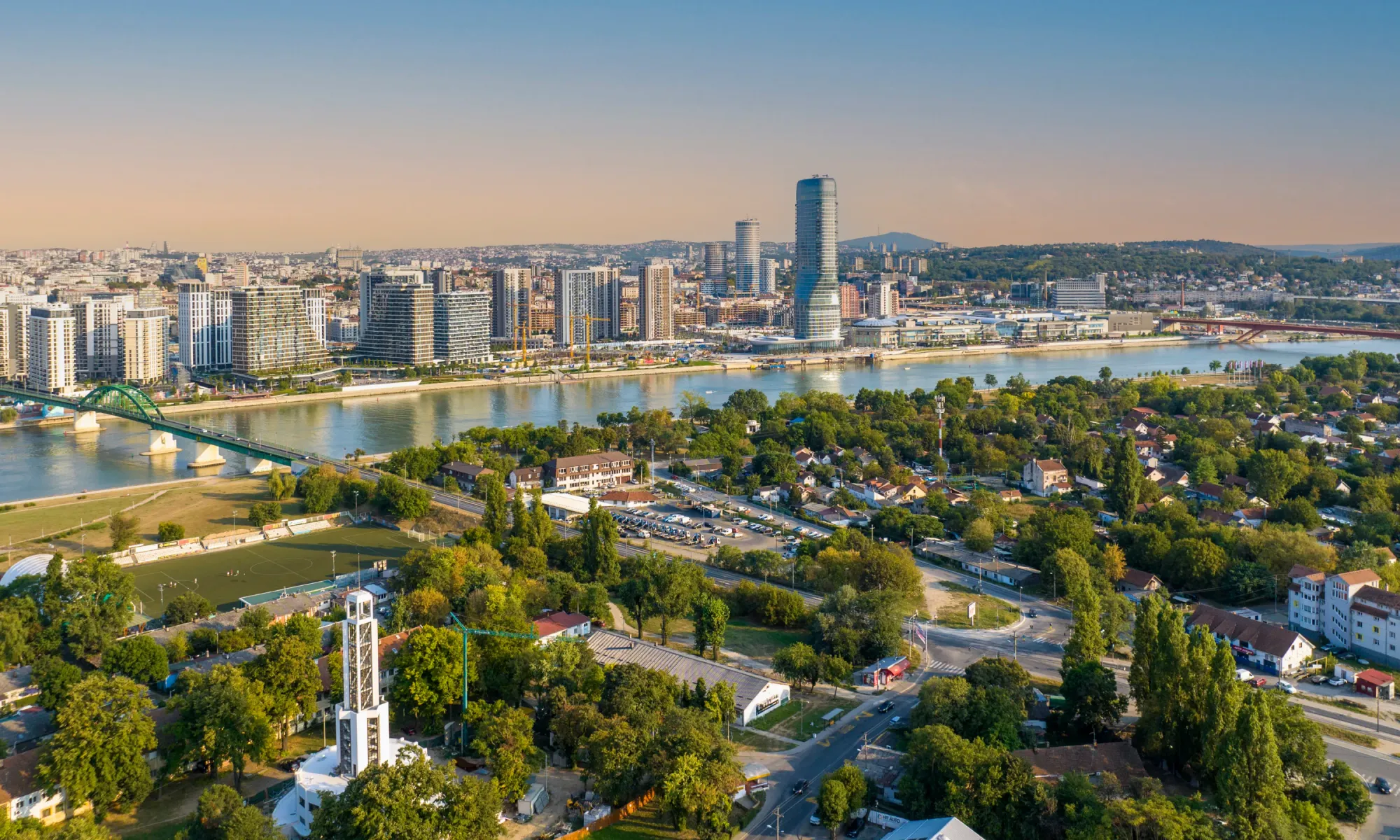
Not long after the solar venture, Serbia saw tokenization reach agriculture. In mid-2024, a family-owned walnut farm in Vojvodina tokenized its business. The company (Walnut Enterprise d.o.o. from Novi Sad) got regulatory approval to issue 4,400 tokens at 6,000 RSD each – roughly €50 per token – representing investment in their walnut orchardssec.gov.rs. These “TWE_R” tokens give investors rights similar to a bond or loan to the company, as described in the approved white paper. Essentially, people who buy the tokens are funding the expansion of walnut cultivation and in return will receive a fixed yield. This is another example of tokenization being used to raise capital for a real-world project, under full regulatory compliance. By slicing the investment into tokens, even small investors could participate in the agribusiness venture, which traditionally might have been financed by one or two large investors or banks. The Securities Commission explicitly classified the walnut token as a digital token with the form of a bond, reinforcing that it must meet all investor-protection standards.
Though these projects are outside real estate, they set important precedents for Serbia. They prove that the legal process works – the regulator can approve token offerings and add them to its official registers. They also show that there’s public interest in tokenized assets when the asset is appealing (solar energy with a green angle, or a promising farm product). Most importantly, they familiarize local investors and authorities with tokenization mechanics: digital wallets, secondary trading (the law allows tokens to be traded on approved platforms), and handling dividends or interest via smart contracts. The lessons learned here can directly translate to real estate tokenization. If you can tokenize a solar park or an orchard, why not an office building or an apartment complex? The underlying idea is the same – fractional investment through blockchain – just applied to a different asset class.
Tokenizing Real Estate: Opportunities on the Horizon
With the legal groundwork in place and initial token projects completed, Serbia is now poised to apply tokenization to real estate. The timing seems favorable. Serbia’s property market has been robust in recent years, with rising demand and prices in major cities like Belgrade and Novi Sad. In fact, real estate sales hit about €1.8 billion in a single quarter of 2024, a 22% increase over the previous year. Yet, the market has its inefficiencies – one being that property transactions rely heavily on cash. Unlike many Western countries where mortgages are common, Serbian buyers mostly use their own funds. As of late 2024, only around 10% of all real estate purchases were financed by bank loans; the other ~90% were cash deals. This means many people are locked out of property investment unless they have substantial savings. It also means investors who do own property have their capital stuck in an illiquid asset, since selling a house or apartment takes time and paperwork.
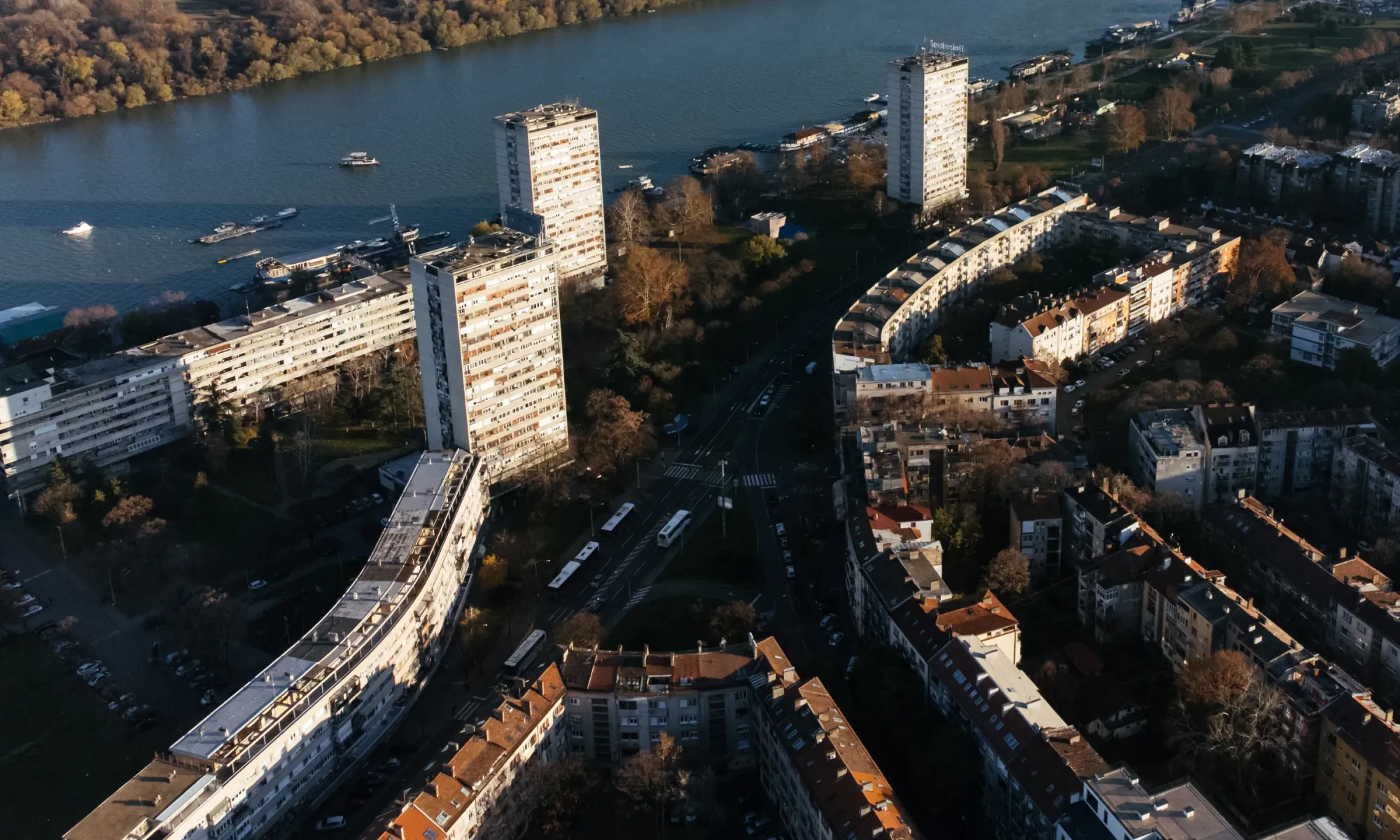
Tokenization could be a game-changer here. By converting a property’s value into many small digital shares, ordinary people could invest in real estate with modest amounts. For example, instead of needing tens of thousands of euros to buy an apartment, someone could spend €100 or €1000 to buy tokens that represent a fraction of that apartment. We’ve seen this model already in other countries – tokenization in Spain has “opened doors” to own a slice of property for as little as €100. A similar approach in Serbia would allow young investors, or the Serbian diaspora abroad, to put some money into their home country’s real estate market without buying an entire property. It effectively democratizes access to an investment class that has long been accessible only to the wealthy or those able to secure large loans. And for property developers or owners, tokenization offers a new way to raise capital. Instead of borrowing from a bank with property as collateral, a developer could directly sell tokens linked to a new building project, raising funds from many small backers. This can unlock fresh capital – tapping into a wider investor base – and potentially at lower cost or with more flexibility than traditional debt.
There are signs that Serbian entrepreneurs recognize this opportunity. A local fintech startup in Belgrade has completed a comprehensive analysis of the real estate tokenization market, identifying over €1.8 billion in potential. They have developed a compliant platform concept where each property would be placed in a Special Purpose Vehicle (SPV) company and then tokenized, so that tokens represent shares in the SPV (and thus indirect ownership of the property). The team has been actively engaging with real estate agencies and exchanges, and is in the process of obtaining the necessary Digital Asset Service Provider license from the SSC. In other words, groundwork for a home-grown tokenization marketplace is being laid. Such a platform would handle things like investor onboarding with KYC/AML checks, token issuance, and a secondary trading venue – all within Serbian law. If it launches, Serbia could see its first tokenized real estate offerings in the near future, perhaps starting with pilot projects like a fractional sale of a rental apartment block or a small commercial building.
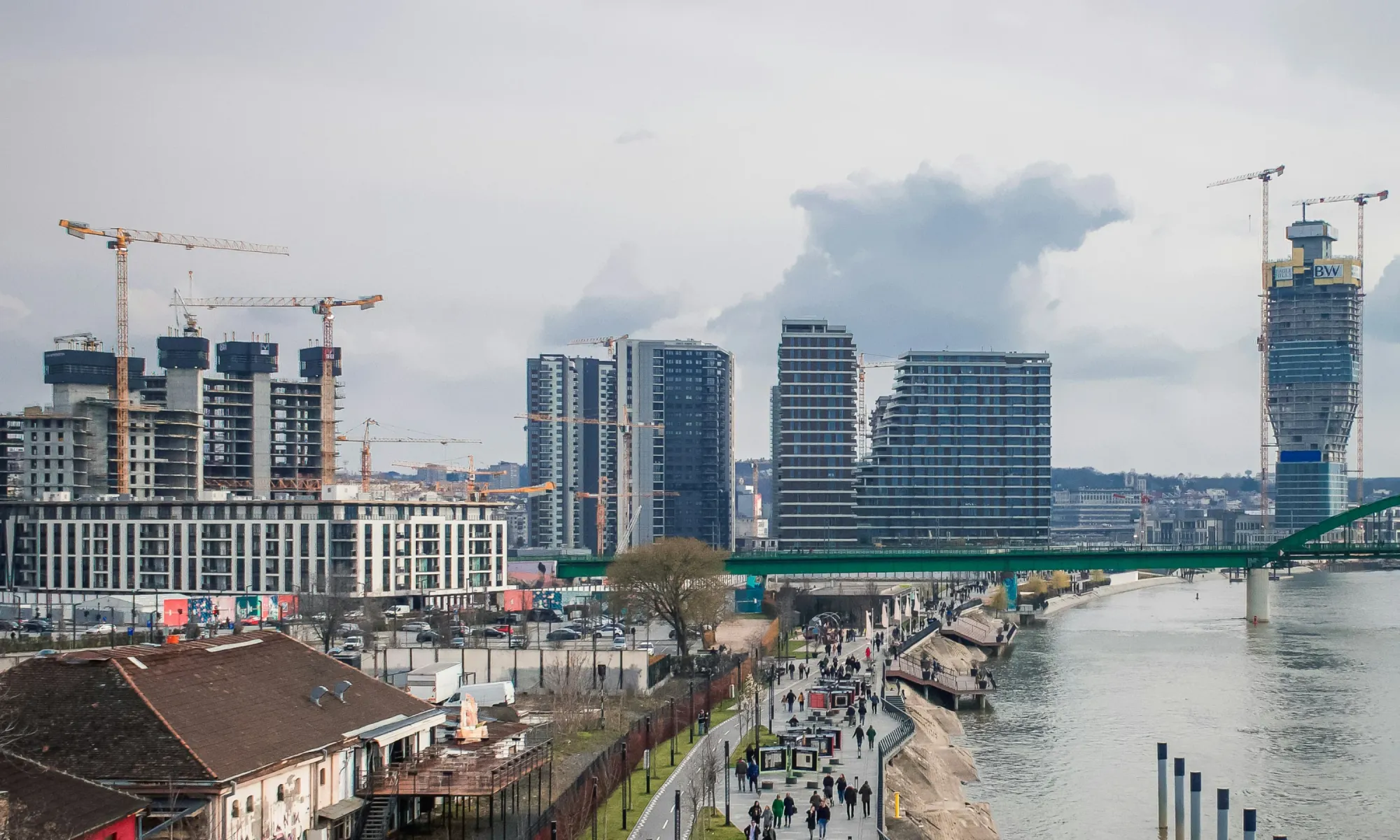
Another advantage Serbia has is its increasingly digital government services. Property registration in Serbia is relatively centralized and handled by the Republic Geodetic Authority (RGZ). While not yet on blockchain, the system is modern enough that it could integrate with token platforms (for example, verifying property details or noting if an SPV owns a particular property title). Since tokenization typically uses an SPV legal structure, it wouldn’t replace the existing land registry system – instead, it would work alongside it. Each tokenized property would still have a normal title deed (owned by the SPV or trustee), but the economic rights to that property are represented by tokens. This approach respects Serbian property law (which, like many countries, doesn’t yet recognize a token itself as a title) while still enabling blockchain trading of property shares. Legal experts in Europe often note that you cannot directly put a land deed on a token, but you can link tokens to a contract or entity that owns the land. Serbia’s legal community is surely watching these structures tested elsewhere to adopt best practices.
The potential impact on investors and the real estate sector is significant. For investors, tokenized real estate offers a way to diversify portfolios with smaller tickets. For instance, a Serbian professional could invest €500 in a token representing a slice of a Belgrade office building, €500 in a token for a resort hotel in Montenegro (if regional offerings arise), and maybe another €500 in a tokenized farmland project – achieving a spread of real assets that would be impossible to directly own outright. They could also exit their investment more easily by selling tokens on a secondary market, rather than having to sell an entire property. For developers, tokenization can provide upfront funding. A residential developer could pre-sell tokens linked to future rental income of apartments, raising construction capital without relying solely on off-plan sales or loans. This crowdfunded via tokens model might particularly support smaller developers or innovative projects that don’t fit traditional bank criteria. It also creates a closer alignment between developers and community investors who become stakeholders in the project’s success.
Challenges and the Road Ahead
While the stage is set for real estate tokenization, there are challenges to overcome for it to truly take off in Serbia. First, investor education and trust will be crucial. Real estate is a very traditional industry; many Serbian investors are not yet familiar with blockchain or how token ownership works. It will take demonstration projects and clear communication to show that owning a token is secure and that one’s rights are protected by law (just as if they owned a share in a company or a bond). The early solar and walnut projects helped introduce the concept, but real estate tokens will need the endorsement of reputable firms to gain public trust. Seeing a well-known development company or financial institution back a tokenized property deal would add credibility. The good news is Serbia’s government and regulator are already seen as involved and supportive, which lends confidence – the fact that the SSC approved and supervises token offerings provides a layer of trust and legitimacy.
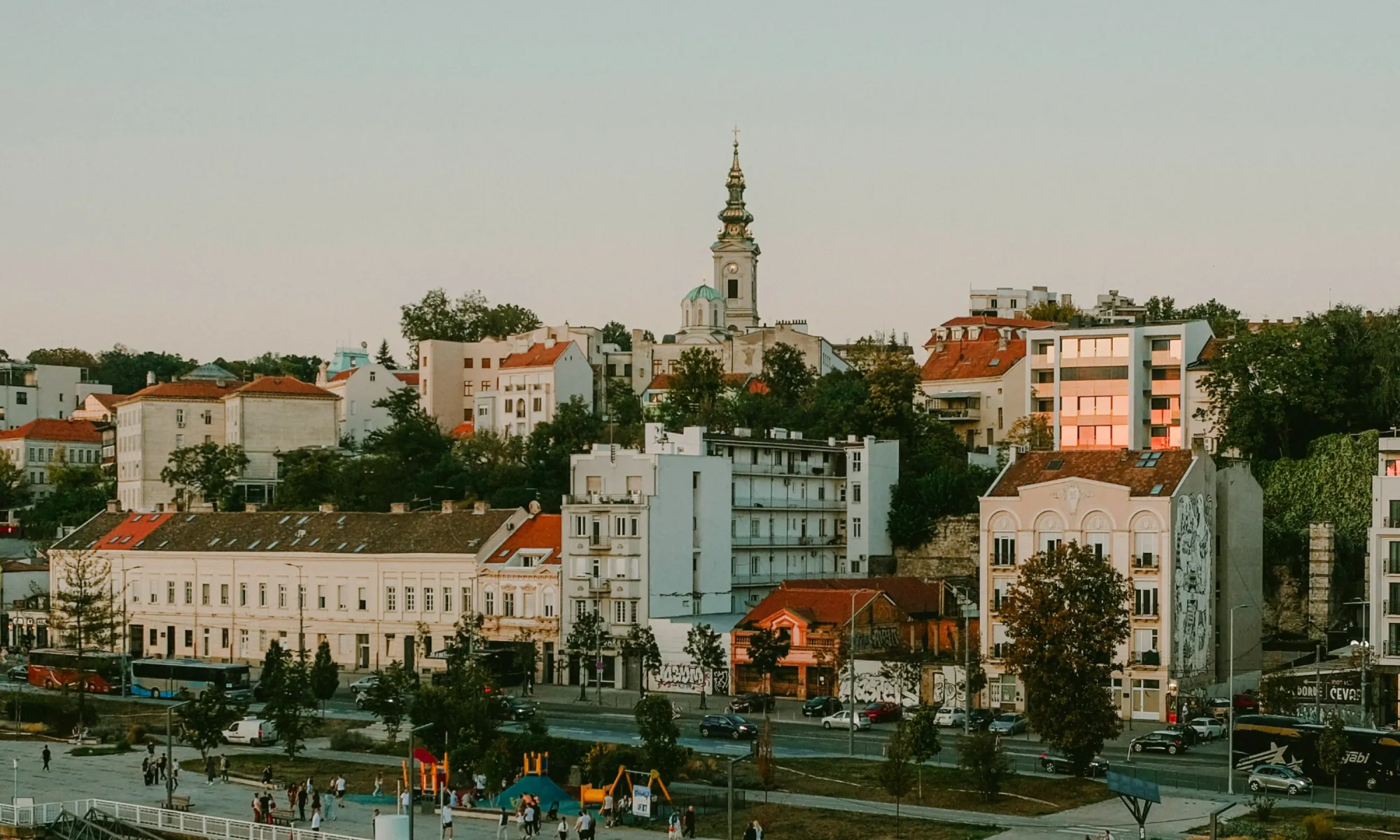
Another challenge is technical infrastructure and liquidity. To fulfill tokenization’s promise, Serbia will need user-friendly platforms (web or mobile apps) where people can easily buy, hold, and sell real estate tokens. These platforms must be secure against hacks and comply with data protection laws. Additionally, a secondary market must exist so that token holders can trade their tokens quickly if needed. The law currently allows secondary trading of digital assets, but the volume will depend on how many buyers and sellers participate. It may take time to build an active market. Liquidity could initially be limited – for instance, a token might not find a buyer immediately without enough participants. However, as more token offerings come online, a critical mass could develop, potentially even attracting foreign investors to participate in Serbian token markets. Here, partnerships with larger international exchanges or marketplaces could help; a token that is interoperable with global standards (say, an Ethereum-based security token) could potentially be listed on foreign trading venues, increasing liquidity.
Regulatory evolution is another factor. Serbia’s laws are up-to-date as of now, but technology moves fast. The EU’s new crypto-assets regulation (MiCA) will influence future rules, especially if Serbia aims to align with EU standards as an EU candidate country. Fortunately, Serbia’s approach is already similar to the EU principle of treating tokenized real estate as securities subject to existing investor protections. We might see further fine-tuning in areas like tax treatment of token trades, or clarifying rights of token holders in case of issuer bankruptcy (these are issues other countries are also wrestling with). Continuous dialogue between token companies and regulators will be important. So far, the openness shown – e.g., the SSC publicly encouraging startups to engage – bodes well. Internationally, regulators are warming up to tokenization; even in the United States, SEC officials have voiced openness to working with firms on asset tokenization initiatives. Serbia can take cues from global best practices as they emerge.
On the topic of security and fraud prevention: any time new investors are invited into a market, there’s a risk of bad actors or overly risky ventures. The Serbian authorities will need to remain vigilant that tokenization doesn’t become a loophole for scams. Requiring that a white paper be approved is a strong filter – it forces disclosure and honesty under penalty of law. The SSC also has powers to enforce advertising rules so that promoters can’t over-promise returns. As long as these mechanisms are used, Serbia can avoid the fate of some ICO-era scams that plagued unregulated markets in the past. In short, the framework is there, but enforcement and savvy will determine success.
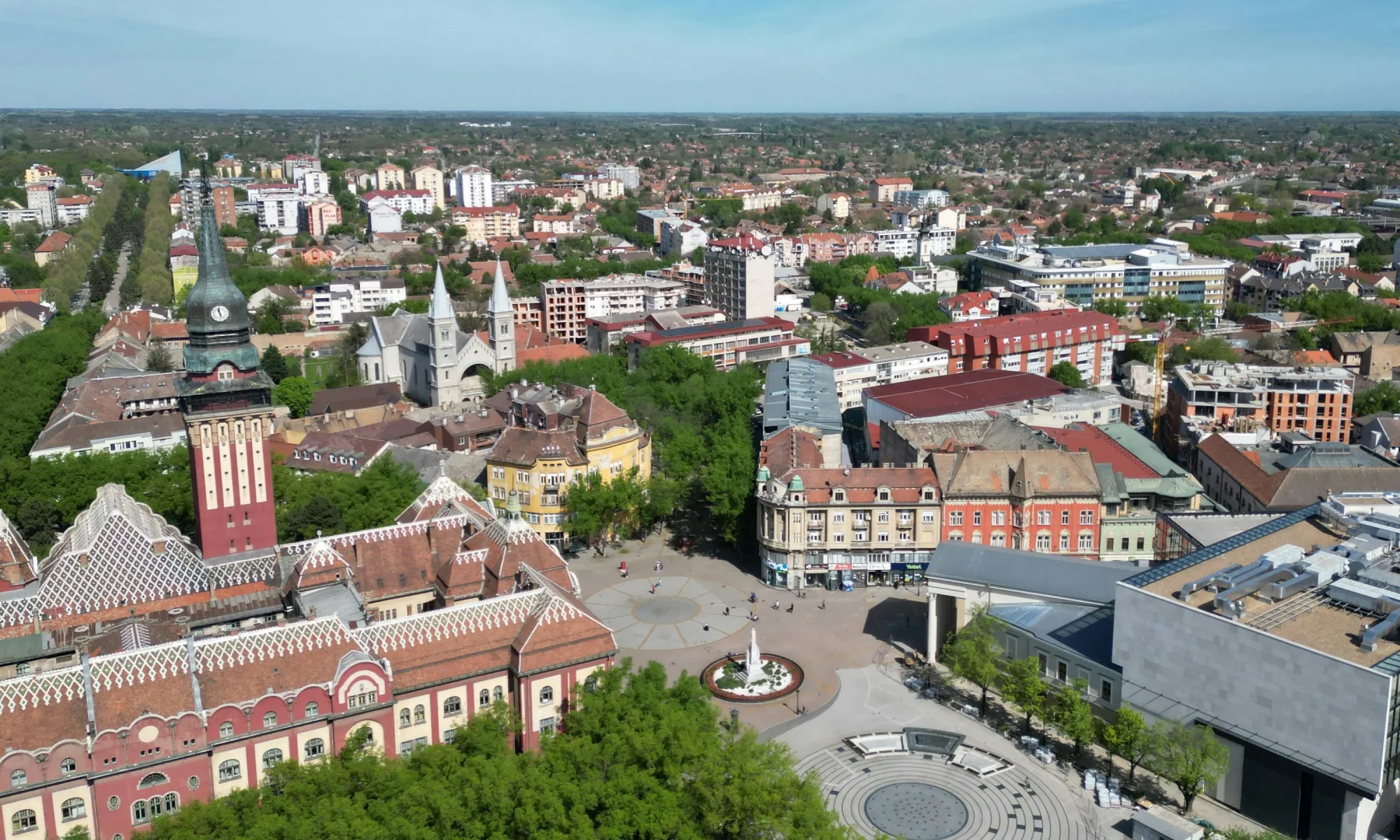
Despite challenges, the outlook for tokenization in Serbia is promising and exciting. The country’s mix of tech talent, supportive regulation, and real market need for investment innovation forms a solid base. We are likely to see the first tokenized real estate deals in Serbia within the next couple of years. They might start small – perhaps a tokenized share of a single rental property or a pilot project by a development firm to sell 20% of a building via tokens – but they will pave the way for larger adoption. Each successful case will build confidence and know-how. If neighboring countries are any indication, momentum can pick up quickly. In the Balkans, even smaller markets like Albania are now seeing tokenization “take root” as a new way to invest, and Croatia has begun testing fractional property investments on blockchain. Serbia certainly doesn’t want to fall behind in this regional race.
Looking globally, tokenized real estate is rapidly moving from theory to practice. Forward-thinking hubs like Dubai have embraced it – Dubai’s government launched a platform to tokenize property title deeds on blockchain, becoming the first in the Middle East to put real estate records on-chain. This allows instant, secure property transfers and even fractional ownership for as little as a few hundred dollars, all under official oversight. Major economies are also adapting: for instance, the U.S. Congress has been exploring bills to facilitate tokenized assets, and countries from Singapore to Japan are updating their laws to accommodate this new asset class. By venturing into tokenization now, Serbia is riding the wave of a global trend that could redefine property investment in the coming decade.
In conclusion, Serbia’s journey into real estate tokenization is just beginning – but it has started on the right foot. A sound legal framework and early successes in tokenizing non-real-estate assets have built momentum. The narrative is compelling: a country known for its rich history and solid real estate market is now leveraging cutting-edge blockchain tech to unlock new investment opportunities. If done carefully, tokenization could bring big opportunities from small investments – letting a wider public participate in property wealth, while injecting fresh capital into development projects. Serbia is effectively bridging its real estate tradition with digital innovation, step by step. The coming years will reveal how far this goes, but the excitement is already palpable. For Serbian investors and developers, a new chapter is opening where owning a piece of property is as easy as a few clicks on a blockchain – truly a blend of old foundations and new frontiers.

